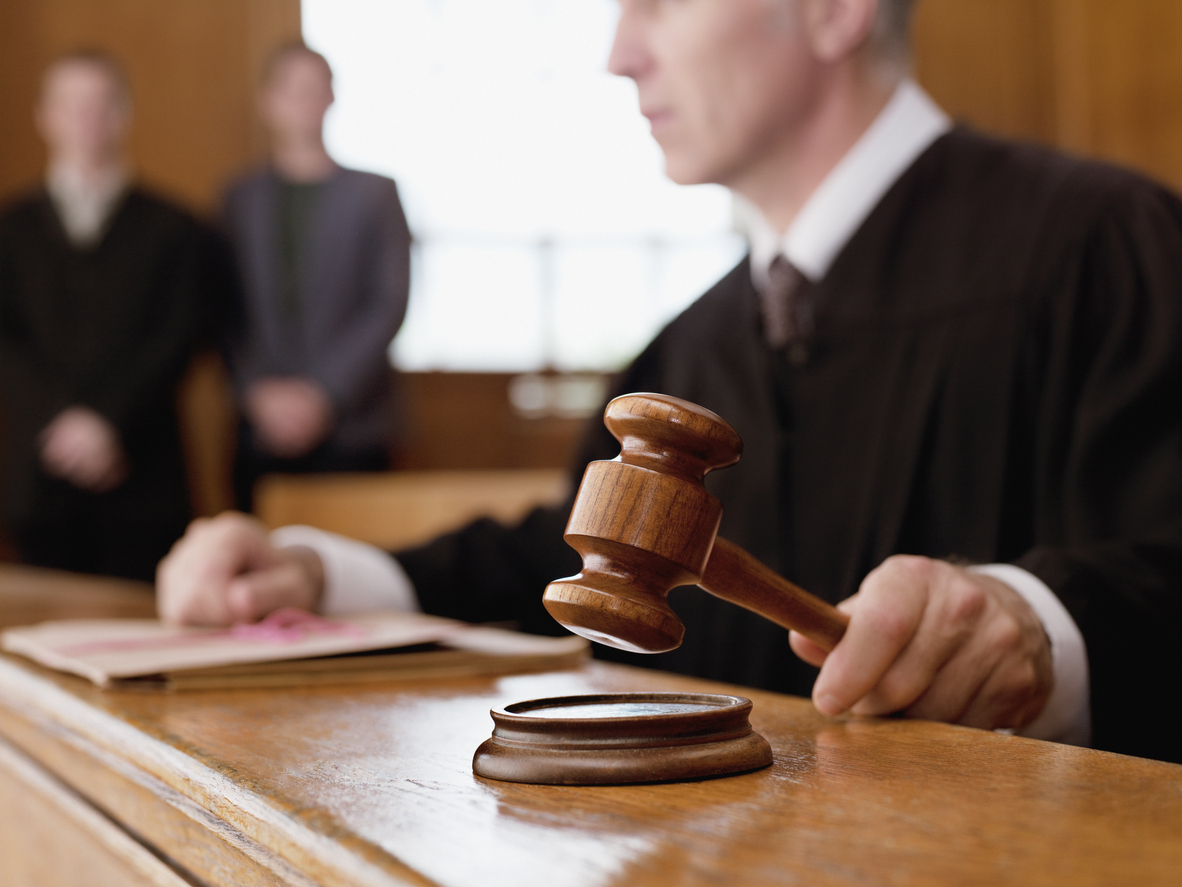Last week, in Genovese v. Provident Life and Accident Insurance Company, No. 06-2508, — So.3d —-, 2011 WL 903988 (Fla. March 17, 2011), the Florida Supreme Court resolved the following issue:
DOES THE FLORIDA SUPREME COURT’S HOLDING IN ALLSTATE INDEMNITY CO. V. RUIZ, 899 So.2d 1121 (Fla.2005), RELATING TO DISCOVERY OF WORK PRODUCT IN FIRST-PARTY BAD FAITH ACTIONS BROUGHT PURSUANT TO SECTION 624.155, FLORIDA STATUTES, ALSO APPLY TO ATTORNEY-CLIENT PRIVILEGED COMMUNICATIONS IN THE SAME CIRCUMSTANCES?
The bottom line holding is the following:
[A]lthough we held in Ruiz that attorney work product in first-party bad faith actions was discoverable, this holding does not extend to attorney-client privileged communications. Consequently, when an insured party brings a bad faith claim against its insurer, the insured may not discover those privileged communications that occurred between the insurer and its counsel during the underlying action.Although we conclude that the attorney-client privilege applies, we recognize that cases may arise where an insurer has hired an attorney to both investigate the underlying claim and render legal advice. Thus, the materials requested by the opposing party may implicate both the work product doctrine and the attorney-client privilege. Where a claim of privilege is asserted, the trial court should conduct an in-camera inspection to determine whether the sought-after materials are truly protected by the attorney-client privilege. If the trial court determines that the investigation performed by the attorney resulted in the preparation of materials that are required to be disclosed pursuant to Ruiz and did not involve the rendering of legal advice, then that material is discoverable.
…we note that under the “at issue” doctrine, the discovery of attorney-client privileged communications between an insurer and its counsel is permitted where the insurer raises the advice of its counsel as a defense in the action and the communication is necessary to establish the defense. See Coates v. Akerman, Senterfitt & Eidson, P.A., 940 So.2d 504, 510 (Fla. 2d DCA 2006); see also Savino v. Luciano, 92 So.2d 817, 819 (Fla.1957) (“[W]hen a party has filed a claim, based upon a matter ordinarily privileged, the proof of which will necessarily require that the privileged matter be offered in evidence, we think that he has waived his right to insist, in pretrial discovery proceedings, that the matter is privileged.”). Thus, we acknowledge that the attorney-client privilege may also be overcome in first-party bad faith actions in limited circumstances, although we emphasize that attorney-client privileged communications are not the discoverable materials discussed by our opinion in Ruiz. (emphasis added)
The decision seems proper and in line with most jurisdictions ruling on this issue. Insurers and policyholders should have their private legal communications with counsel preserved as confidential. The privilege can be waived if the information is used as a defense. Insurance company attorneys acting as adjusters or making non-confidential communications will be subject to discovery regarding those activities and communications.



